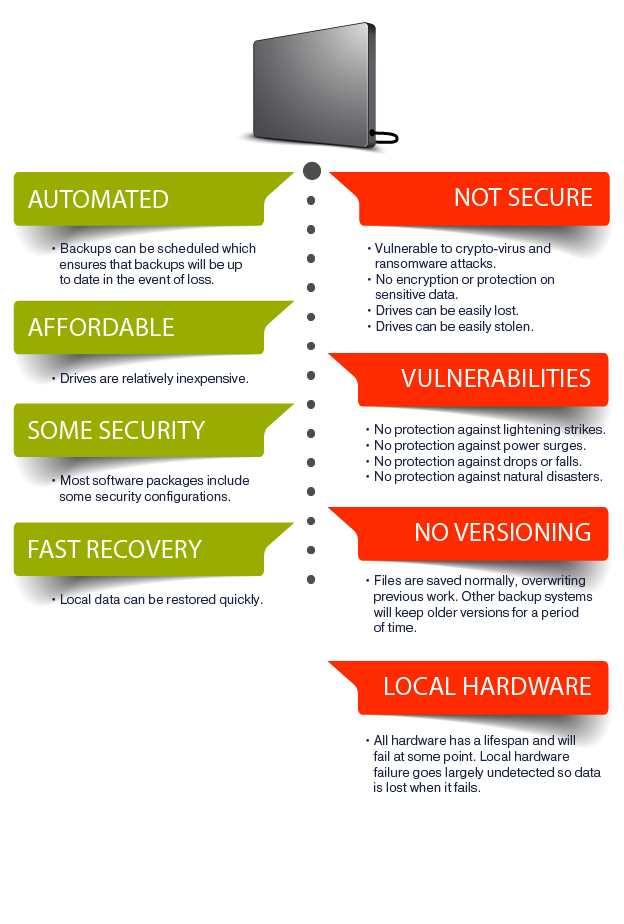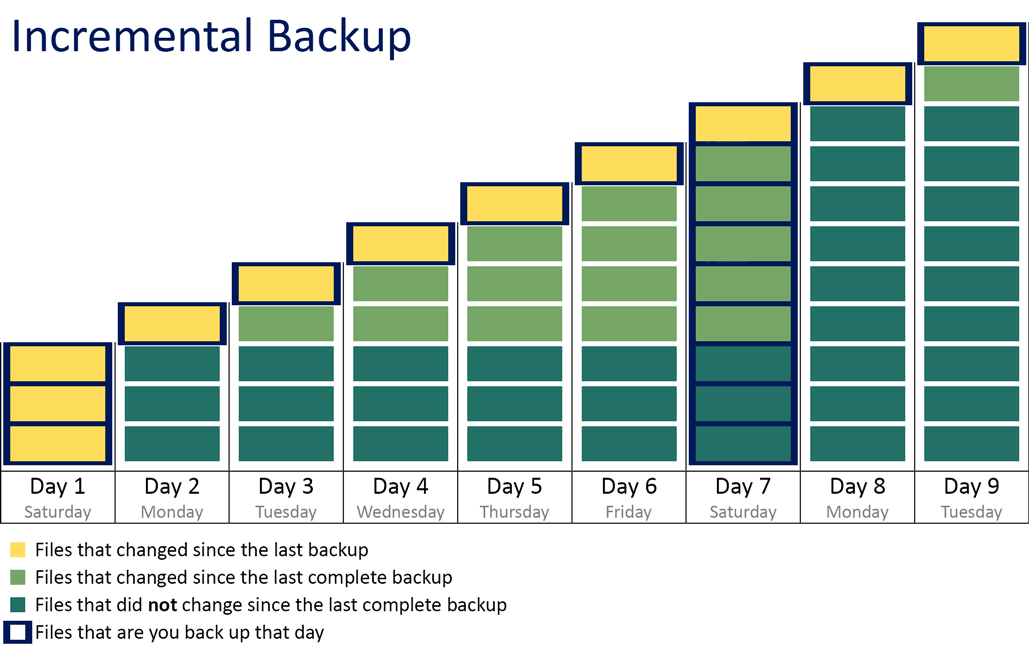Essential Esports Data Backup Strategies To Safeguard Your Competitive Edge
In today's fast-paced esports landscape, data backup strategies are more critical than ever for maintaining competitive advantage. Esports organizations, teams, and individual players rely heavily on digital assets, match data, player performance analytics, and other critical information. A single data loss incident can compromise training schedules, player development, and even tournament readiness. Therefore, implementing robust data backup solutions is not just a technical requirement but a strategic necessity.
As esports continues to grow into a multi-billion-dollar industry, the volume of data generated by matches, player statistics, and team operations increases exponentially. This data serves as the backbone for decision-making processes, strategic planning, and performance enhancement. However, the risks associated with data loss—whether from hardware failure, cyberattacks, or human error—are significant and can have far-reaching consequences.
This comprehensive guide explores the most effective esports data backup strategies to protect your organization's valuable information. Whether you're a professional team manager, an individual player, or a content creator, understanding and implementing these strategies can ensure that your data remains secure and accessible when you need it most.
Read also:Dirco Wont Bow To Pressure From Donald Trump Refuses To Drop Case Against Israel Despite Tariffs
Table of Contents
- The Importance of Data Backup in Esports
- Understanding the Risks of Data Loss in Esports
- Top Esports Data Backup Strategies
- Cloud-Based Backup Solutions for Esports Teams
- Hardware-Based Backup Options
- Hybrid Backup Strategies
- Implementing Backup Strategies in Esports
- Automation in Data Backup
- Best Practices for Esports Data Backup
- The Future of Esports Data Backup
The Importance of Data Backup in Esports
Data backup in esports is not merely a contingency plan but a fundamental component of operational excellence. Teams and organizations generate vast amounts of data daily, including match recordings, player performance metrics, and strategic playbooks. Losing access to this data can disrupt training schedules, hinder player development, and compromise competitive readiness.
For instance, losing match recordings can mean losing valuable insights into opponent strategies, while losing player performance data can affect individual training plans. Moreover, with the rise of data-driven decision-making in esports, having a reliable backup strategy ensures that teams can always access the information they need to make informed decisions.
Why Data Backup Matters in Esports
- Preserves match recordings for analysis
- Protects player performance data
- Safeguards strategic playbooks
- Ensures continuity in training and operations
Understanding the Risks of Data Loss in Esports
Data loss in esports can occur due to various reasons, including hardware failure, cyberattacks, accidental deletion, and natural disasters. Each of these risks poses a unique challenge to esports organizations and players. For example, a hardware failure can result in the loss of critical match data, while a cyberattack can compromise sensitive player information.
Accidental deletion by team members or staff is another common risk that can lead to significant data loss. Without proper backup strategies in place, recovering this data can be time-consuming, costly, and sometimes impossible.
Common Causes of Data Loss in Esports
- Hardware failure
- Cyberattacks
- Accidental deletion
- Natural disasters
Top Esports Data Backup Strategies
Implementing effective data backup strategies is crucial for safeguarding your esports organization's valuable information. Below are some of the top strategies that can help protect your data:
1. Regular Backups
Conducting regular backups ensures that your data is consistently updated and stored safely. This can be done daily, weekly, or after every match, depending on your organization's needs.
Read also:Exploring The Allure Of Erome Rose A Fragrant Journey Through Time
2. Multiple Backup Locations
Storing backups in multiple locations, both physical and cloud-based, provides an additional layer of security. If one location fails, you can still access your data from another.
3. Version Control
Implementing version control allows you to track changes in your data over time. This is particularly useful for match recordings and player performance data, where tracking progress is essential.
Cloud-Based Backup Solutions for Esports Teams
Cloud-based backup solutions have become increasingly popular in the esports industry due to their scalability, accessibility, and cost-effectiveness. Services like Google Drive, Dropbox, and AWS offer secure and reliable storage options for esports teams.
These solutions provide real-time access to data from anywhere in the world, making them ideal for teams with global operations. Additionally, cloud-based backups often include advanced security features, such as encryption and two-factor authentication, to protect sensitive information.
Benefits of Cloud-Based Backup
- Scalability
- Accessibility
- Cost-effectiveness
- Advanced security features
Hardware-Based Backup Options
While cloud-based solutions offer many advantages, hardware-based backups remain a vital component of any comprehensive data protection strategy. External hard drives and network-attached storage (NAS) devices provide secure, local storage options for esports teams.
These devices offer faster data transfer speeds and can be physically secured within your organization's premises. However, they require regular maintenance and updates to ensure optimal performance and security.
Advantages of Hardware-Based Backup
- Faster data transfer
- Physical security
- Control over data storage
Hybrid Backup Strategies
A hybrid backup strategy combines the benefits of both cloud-based and hardware-based solutions. This approach provides the best of both worlds, offering the scalability and accessibility of cloud storage while maintaining the security and control of local hardware.
Implementing a hybrid strategy involves using cloud services for offsite backups and hardware devices for local storage. This ensures that your data is always accessible and secure, regardless of the situation.
Key Features of Hybrid Backup
- Combines cloud and hardware solutions
- Enhances data security
- Improves accessibility
Implementing Backup Strategies in Esports
Implementing data backup strategies in esports requires careful planning and execution. Start by assessing your organization's data needs and identifying critical information that requires protection. Then, choose the backup solutions that best fit your requirements and budget.
Training your team members on proper backup procedures is also essential. Ensure that everyone understands the importance of data backup and knows how to perform backups correctly. Regularly review and update your backup strategies to adapt to changing needs and emerging threats.
Steps to Implement Backup Strategies
- Assess data needs
- Choose appropriate solutions
- Train team members
- Regularly review and update strategies
Automation in Data Backup
Automation plays a crucial role in modern data backup strategies. Automated backup systems can perform regular backups without manual intervention, reducing the risk of human error and ensuring that data is consistently protected.
These systems can be configured to back up specific types of data at predetermined intervals, providing a seamless and reliable backup process. Additionally, automation can help monitor backup performance and alert you to any issues that may arise.
Benefits of Automation in Backup
- Reduces human error
- Ensures consistent backups
- Monitors backup performance
Best Practices for Esports Data Backup
Adhering to best practices is essential for ensuring the effectiveness of your data backup strategies. Below are some key practices to consider:
- Regularly test backup systems to ensure they function correctly
- Encrypt sensitive data to protect against unauthorized access
- Implement access controls to restrict data access to authorized personnel only
- Document backup procedures and make them readily available to team members
The Future of Esports Data Backup
As technology continues to evolve, so too will the methods and tools available for esports data backup. Emerging technologies like blockchain and artificial intelligence are expected to play significant roles in enhancing data security and backup efficiency.
Blockchain technology, for example, offers a decentralized and immutable method of storing data, providing an additional layer of security. Meanwhile, AI can help automate and optimize backup processes, ensuring that data is always protected and accessible.
Staying informed about these technological advancements and incorporating them into your backup strategies will help ensure that your esports organization remains competitive and secure in the years to come.
Conclusion
In conclusion, implementing robust esports data backup strategies is essential for protecting your organization's valuable information and maintaining a competitive edge. By understanding the risks of data loss, choosing the right backup solutions, and adhering to best practices, you can ensure that your data remains secure and accessible.
We encourage you to take action by reviewing and updating your current backup strategies. Share your thoughts and experiences in the comments below, and don't forget to explore other articles on our site for more insights into esports and data management.


